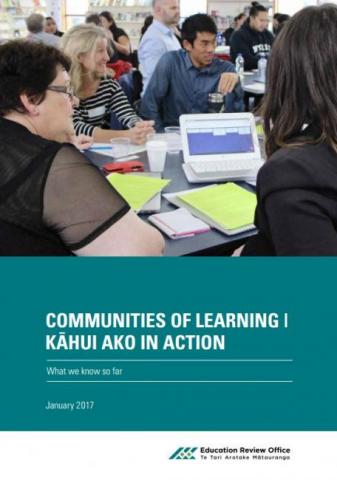Ethnic diversity in New Zealand state schools
Published: 01 Jan 2018
This article originally appeared in ERO Insights - Term 1, 2018 and explores how the ethnic diversity of the primary and secondary school roll has changed in New Zealand since 2009, and whether these changes are leading to more diverse or more segregated schools.
- Audience:
- Academics
- Early learning
- Parents
- Schools
- Content type:
- Research
- Topics:
- Ethnic diversity
- Diversity
- Cultural diversity
- State schools




